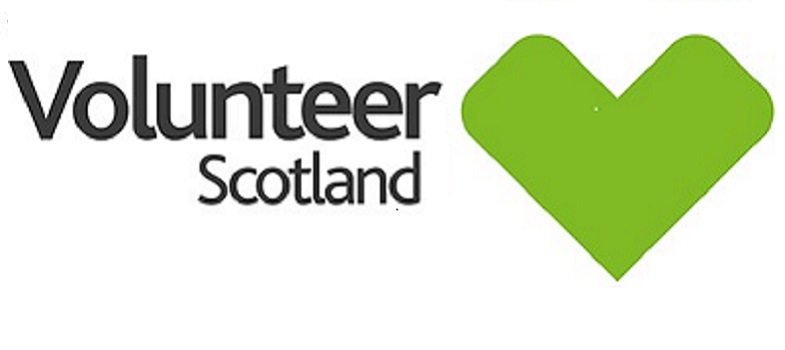Keeping Volunteers Safe: Restarting your Volunteer Programme
This course is about the essential things you need to consider to ensure a positive experience for individuals returning to engage in volunteering following suspension of programmes in response to Covid-19. The overall aim is to help you prepare your volunteers, organisation and colleagues to return to supporting volunteer involvement in your work. It was developed with input from volunteers, volunteer-involving groups and organisations, volunteer practitioners and trainers. This input has given us the volunteers’ perspective and the volunteers’ ‘voice’ that we hope you will find helpful throughout the course.
1. Introduction
1.5. How you will learn
As volunteering is a broad subject and volunteering takes place in a broad spectrum, this course aims to be accessible, appropriate and adaptable to your situation. To help with this, the course uses a ‘reflective practice’ approach to learning, which encourages participants to observe, reflect and act.
‘Reflective practice’ is becoming increasingly common in a range of contexts. At its core is the sense that reflecting on what you do makes you better at what you do. As volunteering takes place in so many different settings and takes many different forms, this is not a course that shares the right answer but encourages you to ask the right questions. Several different models of reflective practice exist, and you can learn more about these in the OpenLearn course Becoming a reflective practitioner.
The course will ask you to record your reflections on practice in an Action Plan. Once you click on the link you can download the template and use it to help you structure your reflections and build them into your work for the broader group or organisation activities.
Although the learning materials are online, this does not mean that all learning will take place online. You will learn through applying ideas and asking questions within your context. The activities are written from the perspective of an individual working their way through the material. However, it is worth exploring how you might involve others in this learning and how to apply this reflective practice in a group setting.
The course will also signpost you to further resources at the end of each section. Where relevant, reference materials have been included throughout the course to act as a gateway to further reading and learning.
